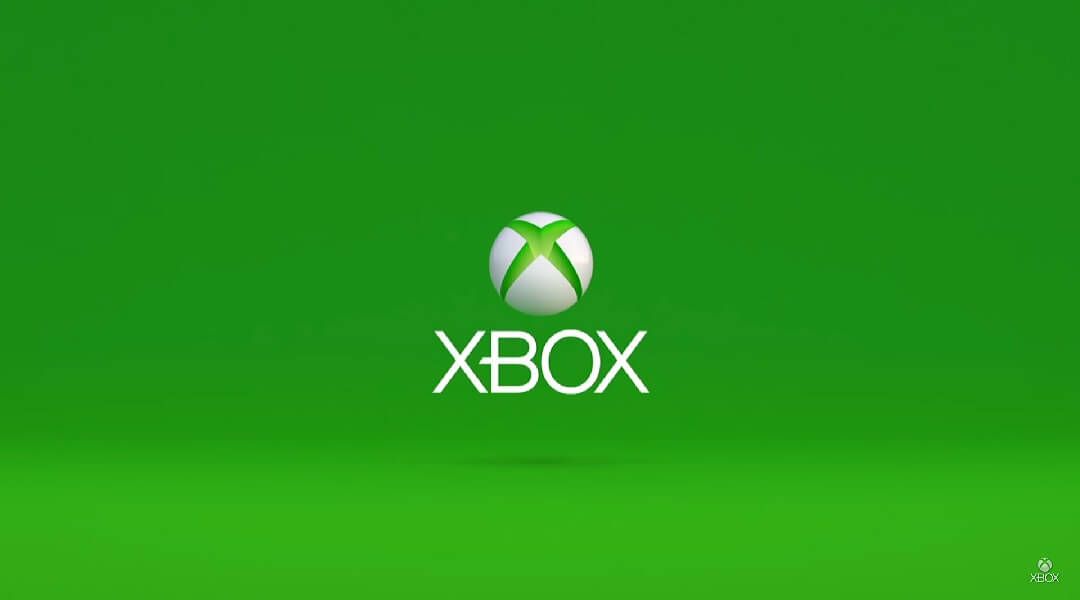Across Xbox Live, PSN, and the Nintendo Network, all users need to sign and agree to a Terms of Service (ToS): a document that dictates what people can/can't do and just what, exactly, they're signing up for. Most people rush past this part because they've agreed to so many in their lifetime, but occasionally these things require additional reading - usually because one aspect of the ToS or End User License Agreement (EULA) is cause for concern, or there's just something interesting about it.
Today, Microsoft and its most recent EULA are in the spotlight, due to their recently updated terms following the launch of Windows 10 a few weeks ago. More specifically, the new rules have come under scrutiny because they give the company the ability to scan a user's computer and disable pirated first party games, as well as block "unauthorized" hardware peripherals. Alphr spotted the changes last week, noting that "if you’re running a Windows 10 computer, you’ve just agreed to them."
The EULA isn't specifically tied to Windows 10, but it does cover a wide range of services like the Microsoft Account, Cortana, and Xbox Live. Additionally, Microsoft uses the term "counterfeit games" instead of pirated games in section 7b, but it's still the same thing, and neither is completely explained. Of course, with Windows 10 and the Xbox One bridging the gap between gaming on consoles and PC, steps should be taken to discourage people from playing games that have been illegally acquired.
The agreement reads:
"Sometimes you’ll need software updates to keep using the Services. We may automatically check your version of the software and download software updates or configuration changes, including those that prevent you from accessing the Services, playing counterfeit games, or using unauthorized hardware peripheral devices. You may also be required to update the software to continue using the Services."
The part that prevents the use of certain hardware peripherals is more concerning, however, and its lack of clarity only makes it seem worse. Does this mean Microsoft can disable modded controllers or ones made by third-party companies? Unfortunately, things may remain unclear until the corporation provides an explanation.
Elsewhere in the agreement it's mentioned that features can be removed and changed, and access to third-party programs can be blocked off, if deemed necessary. DRM updates can also be automatically downloaded and installed for music, games, movies.
On the upside, if Microsoft decides to change anything in the EULA (and they're able to), they'll let users know about it. That said, if someone doesn't agree to the new terms, that person has to stop using the services and close their Microsoft and Skype accounts.
How do you feel about Microsoft having all of this power? Or is it just something Windows 10 users will need to accept?

